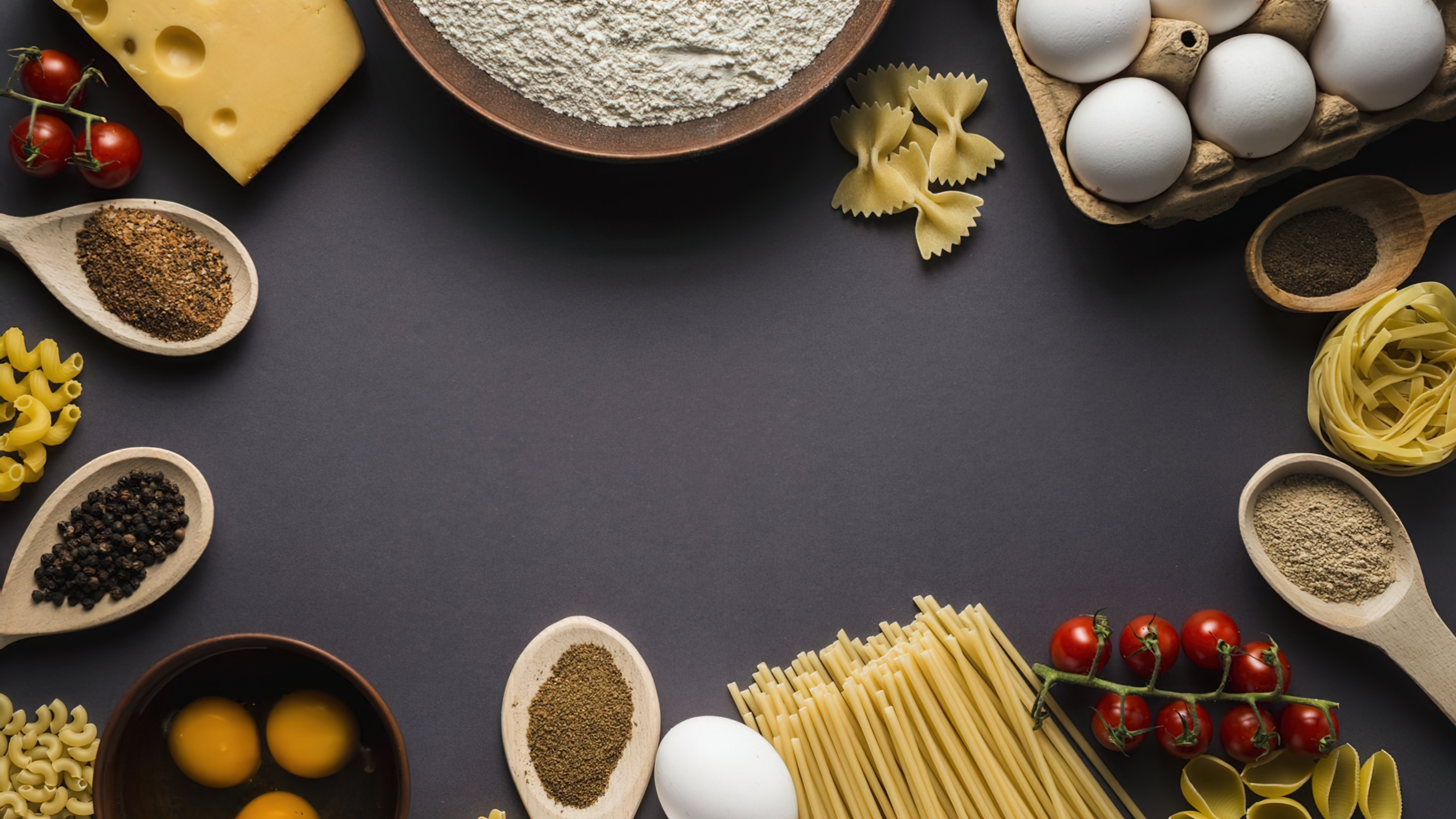Master Efficiency and Savor Your Culinary Journey! Transform Your Life and Elevate Your Cooking Skills with Expert Meal Planning and Preparation Strategies
In today’s hectic world, meal planning and preparation have become essential tools for maintaining a balanced, healthy, and enjoyable lifestyle. A well-thought-out meal plan not only conserves time and money but also minimizes food waste and promotes diverse, nutritious meals. In this comprehensive guide, we will delve into the essential steps for successful meal planning and preparation that will revolutionize your culinary experience. Let’s explore the realm of meal planning and prep to simplify your life and elevate your cooking abilities.
-
Content
- Establish Your Goals, Dietary Preferences, and Budget
- Curate Your Recipes and Craft a Shopping List
- Allocate Time for Meal Preparation
- Efficiently Organize and Prep Your Ingredients
- Explore Time-saving Techniques and Tools
- Get Creative with Leftovers
- Involve Your Family in the Process
- Continuously Evaluate and Adjust Your Meal Plan
- Build a Recipe Collection
- Embrace Meal Planning Apps and Tools
- Conclusion
- Bon appétit!
Establish Your Goals, Dietary Preferences, and Budget
Before embarking on your meal planning journey, it’s crucial to define your goals, dietary preferences, and budget. Are you looking to save time, lose weight, or maintain a healthy lifestyle? Contemplate your priorities and take into account any dietary restrictions or preferences, such as vegetarianism, veganism, or food allergies. Additionally, consider your weekly food budget to ensure your meal plan aligns with your financial goals. Gaining clarity on your objectives will steer your meal planning process and guarantee you remain on track.
-
Curate Your Recipes and Craft a Shopping List

Armed with your goals, preferences, and budget, start curating your recipes for the week. Be pragmatic about the time you can dedicate to cooking and select recipes accordingly. To sustain variety and balance in your diet, incorporate a mixture of proteins, vegetables, grains, and healthy fats in your meal plan. Upon finalizing your recipes, generate a detailed shopping list, organizing items by category to optimize your grocery shopping experience.
-
Allocate Time for Meal Preparation
Set aside time in your schedule specifically for meal preparation, ideally on a day when you have a few hours at your disposal. By designating time for meal prep, you can circumvent last-minute stress and guarantee a seamless, efficient process. This dedicated time allows you to concentrate on cooking, ensuring you make the most of your culinary endeavors.
-
Efficiently Organize and Prep Your Ingredients

Before commencing meal prep, assemble and arrange your ingredients, utensils, and storage containers. Wash, chop, and portion your ingredients as required, expediting the cooking process. This organization not only conserves time but also minimizes cleanup efforts. Additionally, consider investing in high-quality storage containers to maintain the freshness and organization of your prepared meals.
-
Explore Time-saving Techniques and Tools
Maximize the efficiency of your meal prep by utilizing time-saving techniques and tools. For instance, you can batch cook grains or proteins, use a slow cooker for effortless meals, or invest in a food processor to accelerate chopping and slicing tasks. These strategies can significantly reduce the time spent in the kitchen while maintaining the quality of your meals.
-
Get Creative with Leftovers

Reinvent your leftovers to create new, exciting meals without wasting food or sacrificing flavor. Transform leftover proteins into salads, stir-fries, or wraps, and repurpose extra vegetables in soups, frittatas, or casseroles. This approach helps you get the most out of your meal plan, saves time, and expands your culinary repertoire.
-
Involve Your Family in the Process
Incorporate your family in the meal planning and preparation process by assigning age-appropriate tasks and responsibilities. Encourage your children to participate by allowing them to choose a meal for the week or assist with simple tasks in the kitchen. This engagement not only fosters teamwork and life skills but also instills a sense of accomplishment and appreciation for the meals you share.
-
Continuously Evaluate and Adjust Your Meal Plan
Regularly review your meal plan’s effectiveness by assessing your goals, preferences, and satisfaction levels. Are you achieving your objectives, enjoying your meals, and maintaining variety in your diet? Periodically reevaluate your meal plan and make adjustments as needed to ensure its ongoing success and adaptability to your evolving lifestyle.
-
Build a Recipe Collection

Curate a collection of go-to recipes that cater to your preferences, dietary needs, and time constraints. Compile these recipes in a physical binder or a digital platform for easy access and organization. Continually expand your collection by experimenting with new dishes and incorporating feedback from family members. A robust recipe collection streamlines the meal planning process and inspires culinary creativity.
-
Embrace Meal Planning Apps and Tools
Leverage technology to simplify your meal planning process by using meal planning apps and tools. These digital resources offer features such as recipe suggestions, meal plan templates, shopping list generators, and nutritional information tracking. Meal planning apps can save time, keep you organized, and provide valuable insights into your dietary habits.![]()
Conclusion
Mastering the art of meal planning and preparation is an invaluable skill that streamlines your life and enhances your culinary experience. By defining your goals, preferences, and budget, curating your recipes and crafting a shopping list, allocating time for meal preparation, efficiently organizing and prepping your ingredients, exploring time-saving techniques and tools, getting creative with leftovers, involving your family in the process, evaluating and adjusting your meal plan, building a recipe collection, and embracing meal planning apps and tools, you’ll conquer the art of meal planning and prep. Embrace the convenience and satisfaction of a meticulously planned and executed meal plan, and enjoy the advantages of a stress-free, healthy, and diverse culinary lifestyle.


